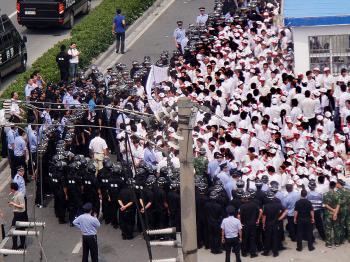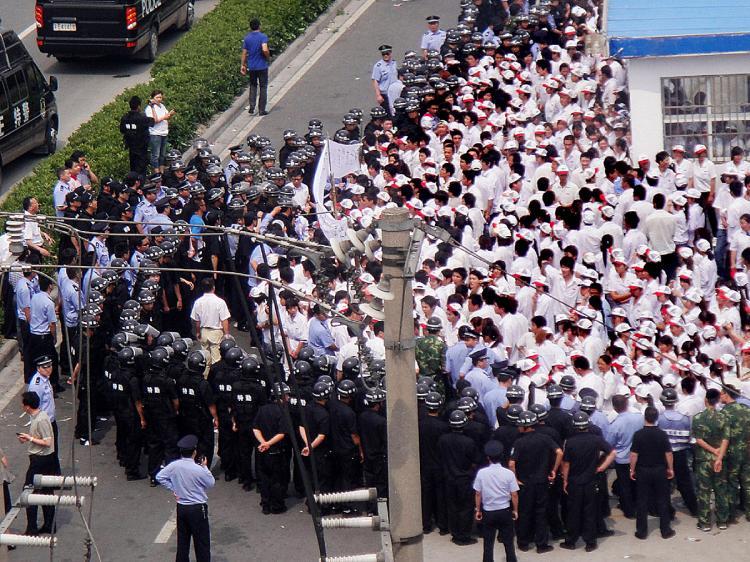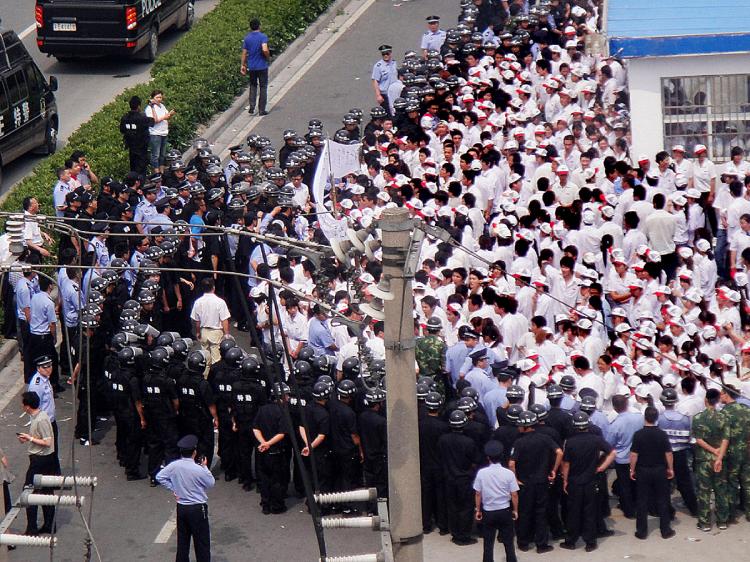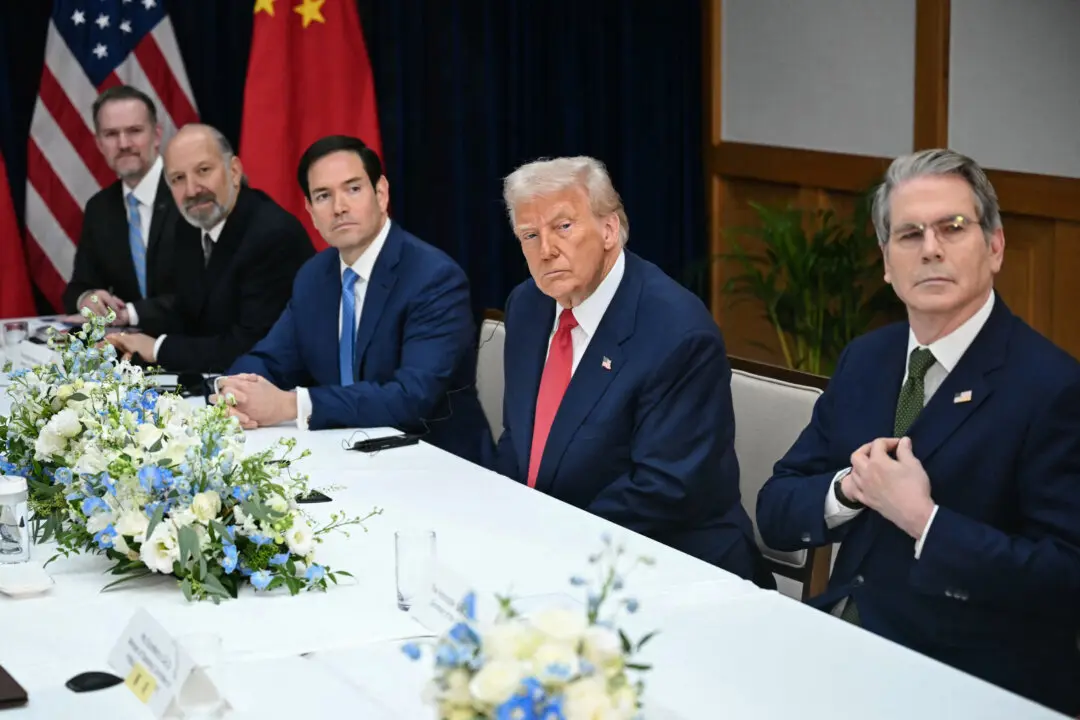While the string of suicides at Foxconn’s giant manufacturing plant in Shenzhen, China, were gathering international media attention, the Honda transmission-factory workers in Foshan went on strike.
The workers demanded a raise and even asked to organize their own union. The strikes soon spread to another part of Guangdong Province, and among other places, to Shanghai, in Jiangsu Province, and to Jiangxi Province, where World Cup soccer balls happen to be made.
Most of the companies with labor trouble are manufacturers of world-famous brands—Apple, Honda, and others. Those companies are sole-owned or joint-ventured by foreign companies, especially companies from Taiwan, Japan, and South Korea.
These companies’ wages and working conditions are much better than those of many local Chinese companies, whether state- or private-owned.
In China, the labor rights movement, like any other rights movement, is strictly forbidden. Yet in a short span of time, many workers for many different companies in several provinces got involved in the strike and had a big impact.
In order for a strike in China to achieve something, some criteria need to be met. First, the company targeted has to be a normally operated business; it has to meet a product deadline, and the skilled workers cannot be easily replaced by new recruits.
The workers demanded a raise and even asked to organize their own union. The strikes soon spread to another part of Guangdong Province, and among other places, to Shanghai, in Jiangsu Province, and to Jiangxi Province, where World Cup soccer balls happen to be made.
Foreign Companies Targeted
Most of the companies with labor trouble are manufacturers of world-famous brands—Apple, Honda, and others. Those companies are sole-owned or joint-ventured by foreign companies, especially companies from Taiwan, Japan, and South Korea.
These companies’ wages and working conditions are much better than those of many local Chinese companies, whether state- or private-owned.
In China, the labor rights movement, like any other rights movement, is strictly forbidden. Yet in a short span of time, many workers for many different companies in several provinces got involved in the strike and had a big impact.
In order for a strike in China to achieve something, some criteria need to be met. First, the company targeted has to be a normally operated business; it has to meet a product deadline, and the skilled workers cannot be easily replaced by new recruits.







